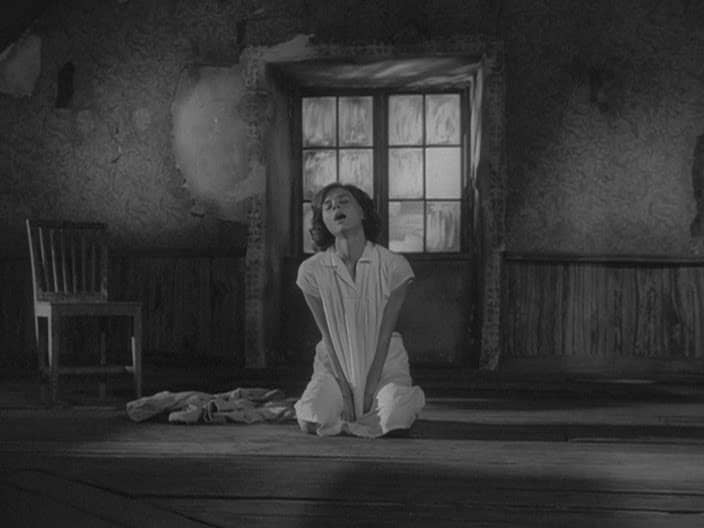
A portrait of Malta’s indecisive society?
It is only those in good health and free from suffering who can live looking towards the future. The rest – weak and in extreme suffering – just lie there, in the middle of the road, without certainties, without conviction and even now, at least in part, victims of conformism and dogmas of an old story, against which they had fought so fiercely, if they were to participate in this new struggle, they’d do so without faith, without optimism, and with their banners torn.
Pier Paolo Pasolini (1967)
The demographic canvas resulting from election opinion polls of this Malta’s socio-economic and political scenography is just an extended image of Heidegger’s dasein – “there being”. There follows his question “Why are there beings at all instead of nothing?” This leads to his contemporary conclusion that man dies constantly until the moment of his demise.
To complete this canvas entails the extraction of more minute details buried under what is reflected as seen through a glass darkly. Up to now this obscure reflection in the mirror only affords us to know in part, until we can see face to face.
Correlating the “mirror” to “dasein”. What instruments does this citizenship need to enable it to come to terms with “Who am I? What critical knowledge of things do I have? Are my objectives self-interest centred or community oriented? What do I stand for? Which intermediary institutions enable my decision-making?”
The day of judgement is fast approaching; the indictment has long been drafted. Yet the unknown beckons. Given recent election polls surveys, even if the mist is somehow subdued, amongst citizens a sense of impunity prevails. Worldwide citizens call for open democracies; representative democracy is systematically contested; anti-institutional groups mushroom; and still they would wish to be led.
The country influencers, that in any democracy are considered as the intermediary powers, do excavate, and fiercely debate alleged and now evidenced government transgressions, but still play the game submissively and acquiescently from the side-line.
Thirty years or so back, the people of this country had developed a higher degree of moral political conviction. They populated the streets, peacefully standing side by side even when castigated by the government’s abetted aggression. Then too marigolds were killed.
The above quote from Pasolini clearly and unreservedly projects the lack of certainties, convictions, faith, hope and empathy towards our neighbours as being experienced by our society. The root of the matter lies in a scenario where we have forcefully been indoctrinated that we no longer need to believe in a liberal democracy inspired by our religious, traditional, and humanist heritage that has its foundations in the words “we belong together”.
Artifice to this comedy of arts is not just government, or rather the party in government, but all sectors of the islands’ public sphere.
If indeed the problems of a country were the responsibility of government and the parties in opposition, then it follows this responsibility also extends to all citizens be they the vulnerable flock, professionals, academics, entrepreneurs, constituted bodies, NGOs, and media who all together elect legislators. More importantly, it is the responsibility of government appointed independent institutions that should guarantee democracy principles and rules (including unwritten rules) and that should strike a balance between society and the state.
A public spirited, given his background and convictions, Bernard Grech managing a well-meaning opposition party, that includes an array of personalized factions, claims that he cannot materialize change on his own. Hence his determination to involve all; alluding to an enhanced share by individuals and civil society at large in decision-making.
Repeatedly we hear and read influencers along the avenues and cul-de-sacs of the public sphere expressing abstract theories on what kind of opposition party the country needs towards a resolution of this current democratic crisis and unsustainable socio-economic mess.
This calls for decisiveness. In antique Greek crisis meant change (or alternatively judgement). Indeed, there is too much disconcerting talk going around.
Appreciating that for a considerable crowd of voters, judgement day may be like choosing between Scylla and Charybdis, still as Machiavelli advised when considering resolving a crisis “one would need to return to first principles”.
First principles would revolve on multifarious approaches to a long-standing concept of “dasein” in its classic and contemporary understanding; on one’s recognition of an individual’s rights and responsibilities cohabiting with his communities – a shared corporate social responsibility; on a society’s interpretation of public justice that goes beyond the common good – but sprouts from human being’s spirituality irrespective of one’s sins and beatitudes.
First principles of Democracy Rules. These rules are not just enshrined in basic laws; even authoritarian governments boast of proffering democracy. Such core values can be recognized in everyday social practices: in the family, on the football field, at school and in business. If these core values are absent, people long for them.
Democracy through parliamentary representation will continue to be contested and assaulted; and yet democracy will survive. In this case survival requires political conviction.
Instead, such rules are embedded in this “dasein” that calls on the citizens to practice stewardship who as good ancestors would need to pass on what it is of value to future generations. Stewardship is not restrained to governments. Stewardship is vested in the individuals of a country who through learning, self-criticism and respect to opinions of others through time have become citizens.
The above is, albeit possibly misconceived, a representation of people’s cluttered rumbling as they “just lie there, in the middle of the road, without certainties, without conviction…” and who yet just look through a glass darkly that only affords them to “know in part, until they can see face to face.”
Up to now this obscure reflection in the mirror only affords us to know in part, until we can see face to face.
May tomorrow the 16th of the month revamp faith in ourselves.